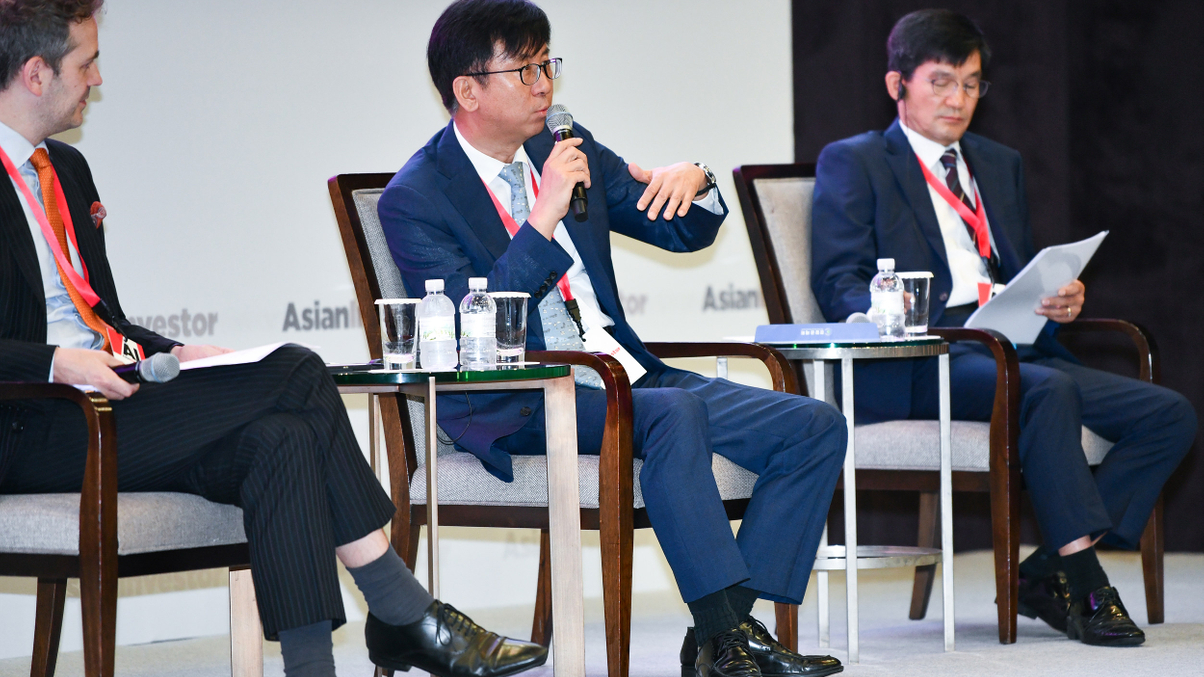GEPS turns to hedge funds as global risks rise
Korean pension funds wary of the growing market instability and potential economic downturn as early as next year are increasingly turning to hedge funds and other alternatives.

Korea’s Government Employees Pension Service (GEPS) is preparing to make investments into hedge funds having steered clear of the asset class in the past few years, joining other Korean institutional investors seeking cheaper and more liquid alternatives.
Sign in to read on!
Registered users get 2 free articles in 30 days.
Subscribers have full unlimited access to AsianInvestor
Not signed up? New users get 2 free articles per month, plus a 7-day unlimited free trial.
¬ Haymarket Media Limited. All rights reserved.


